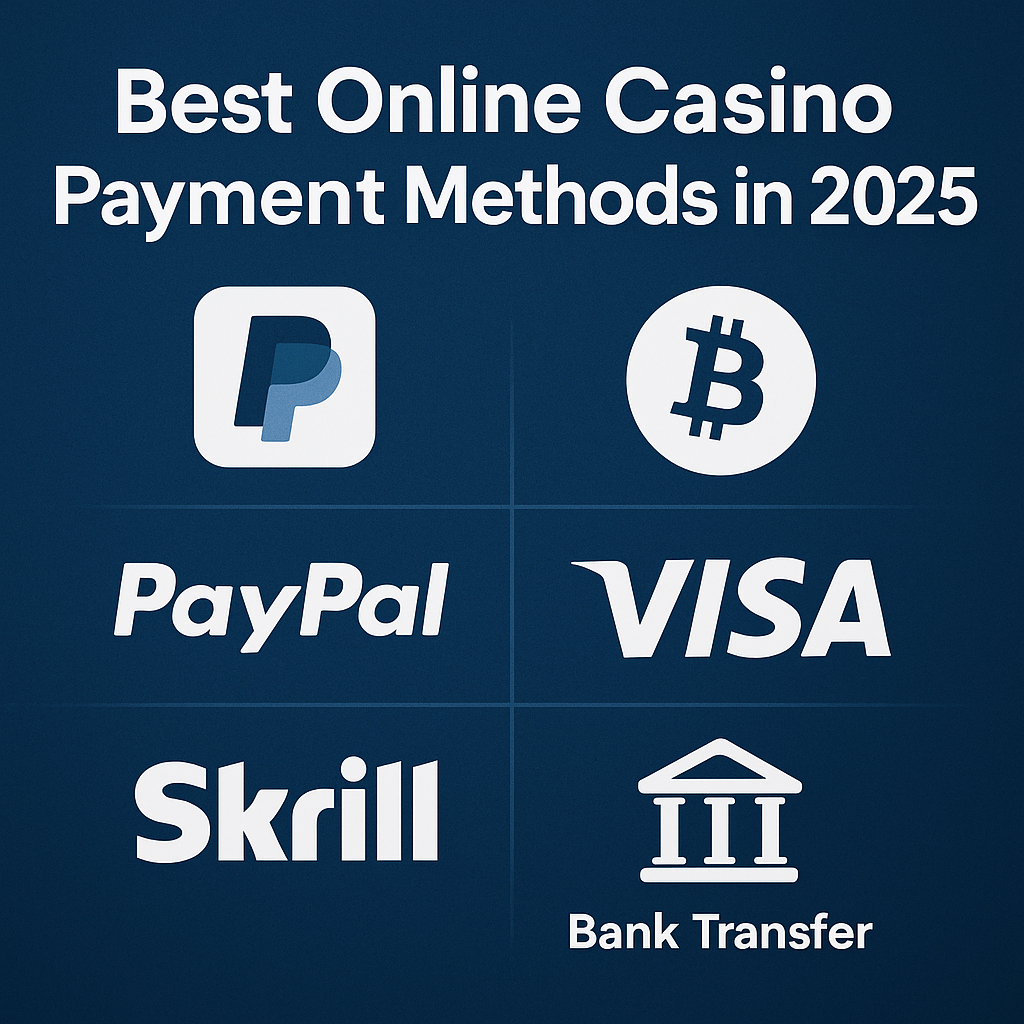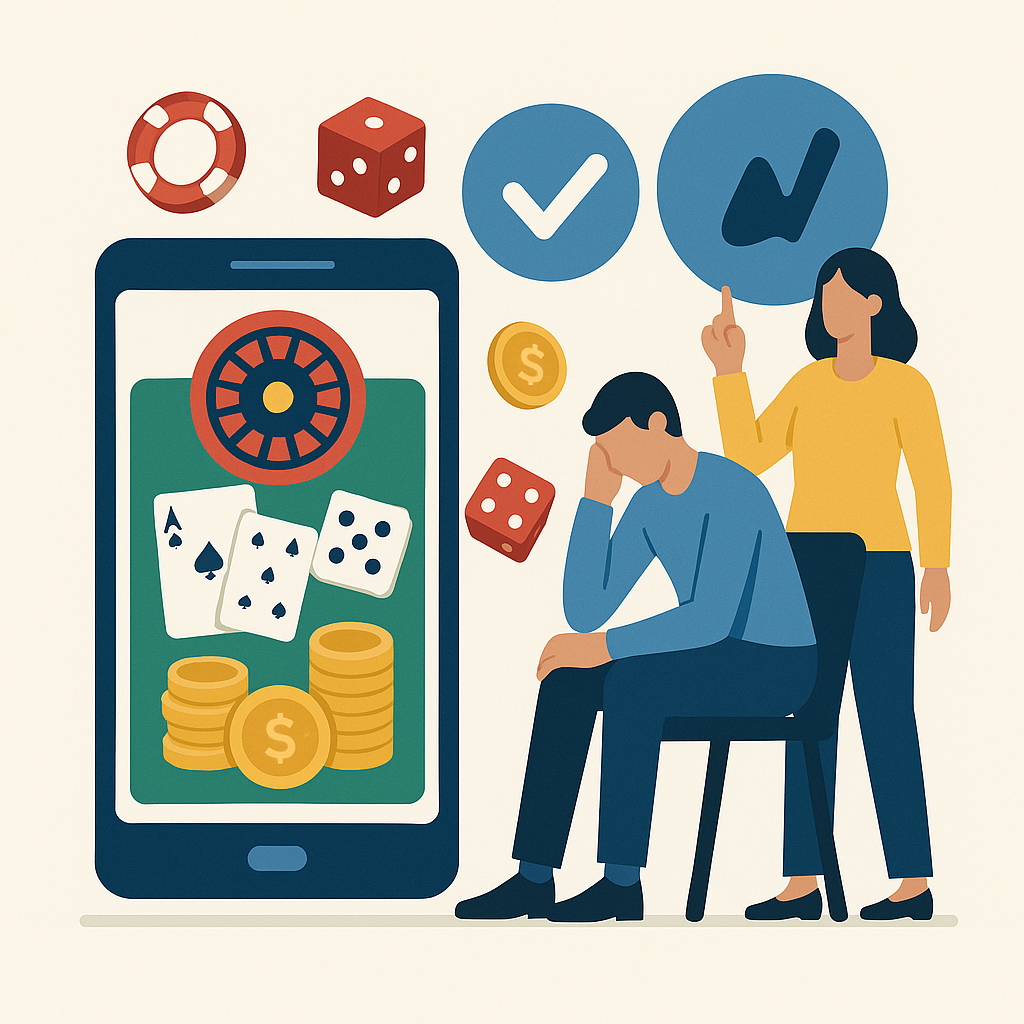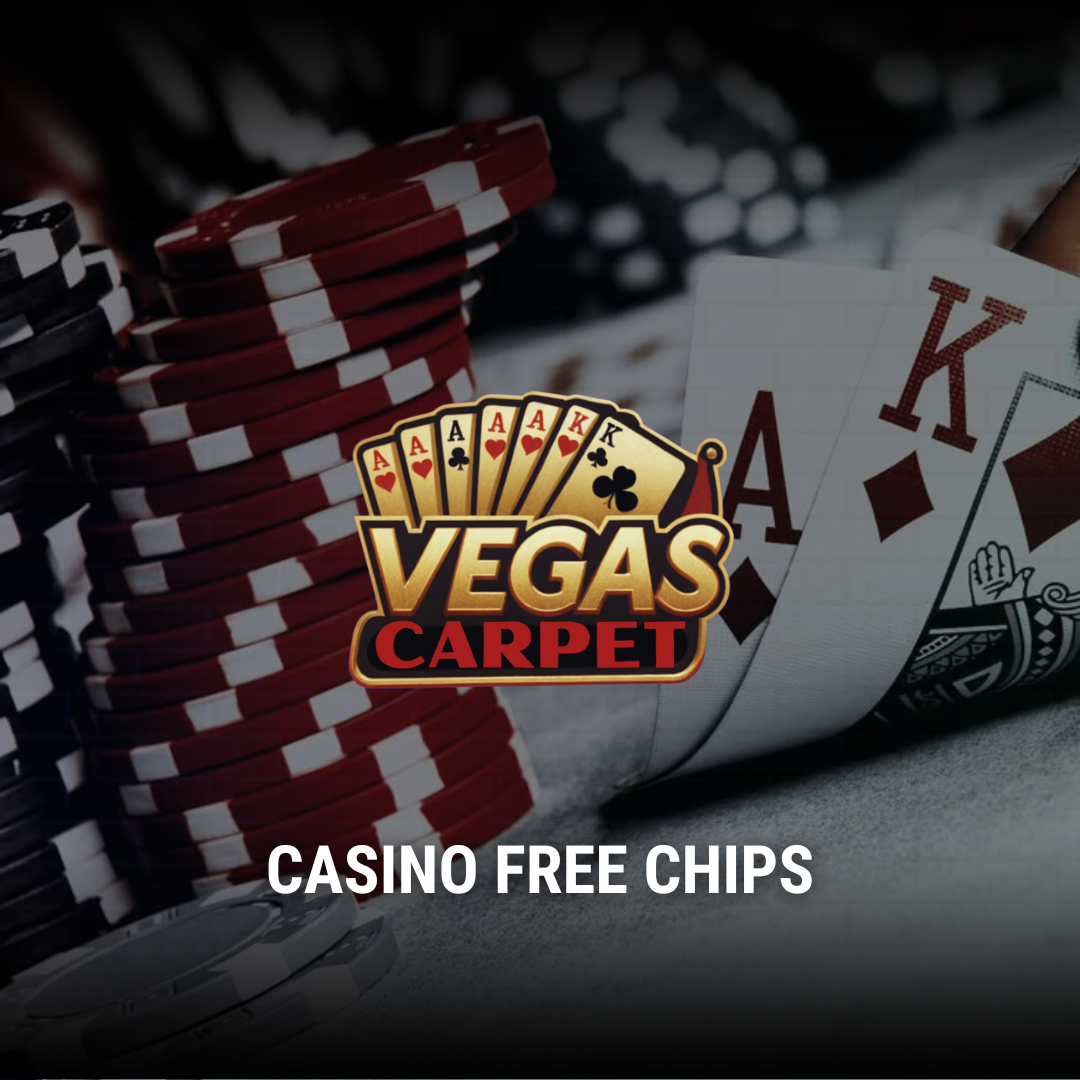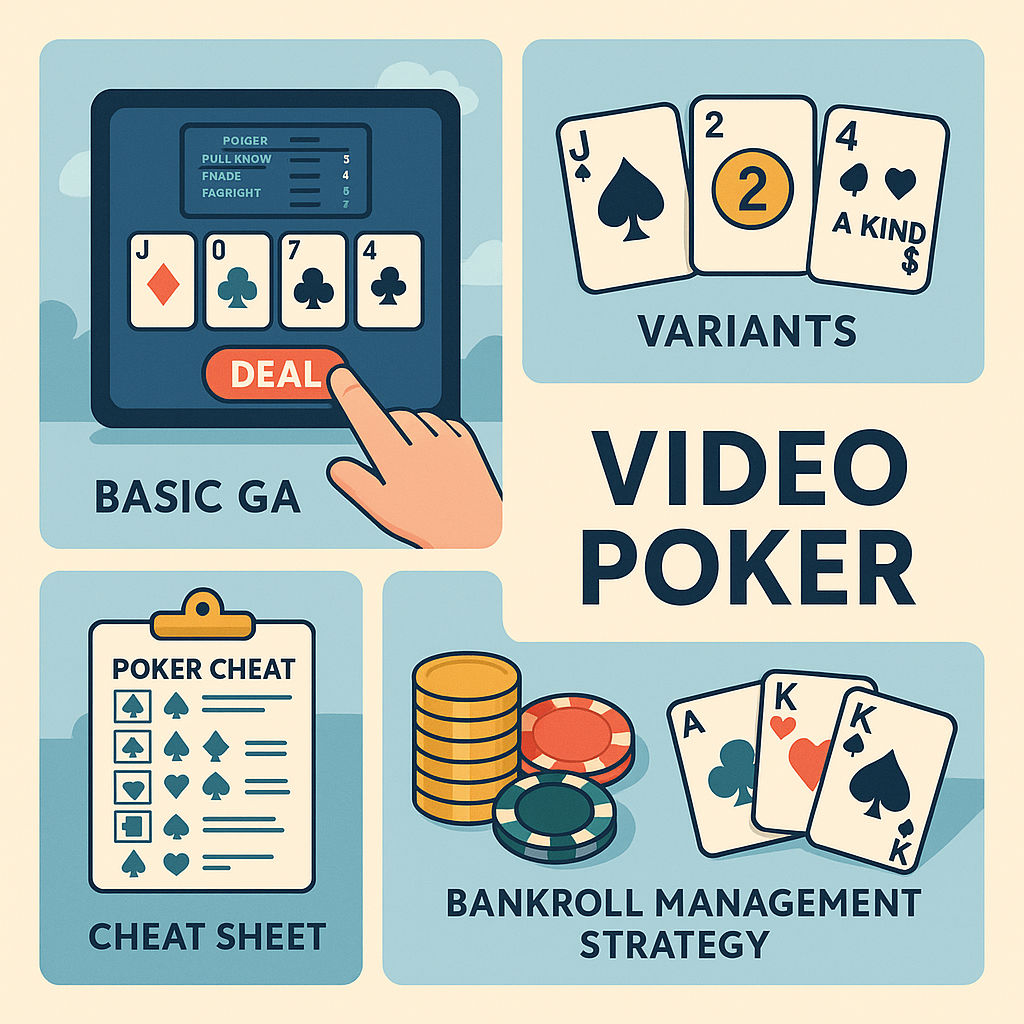Responsible Gambling Guide 2025
Online gambling can be an exciting and rewarding form of entertainment—but only when done responsibly. Whether you play slots, poker, roulette, or live dealer games, it’s essential to maintain control over your time, money, and behavior.
In this expert-backed guide, we’ll walk you through the principles of responsible gambling, including how to set limits, spot signs of addiction, and access professional help if needed.
What Is Responsible Gambling?
Responsible gambling refers to maintaining healthy, controlled betting habits where the primary goal is entertainment—not profit. It means knowing when to play, when to stop, and how to protect yourself from financial or emotional harm.
Key elements of responsible gambling include:
Setting strict deposit, wagering, and time limits
Avoiding emotional or impulsive betting
Not chasing losses or using gambling as a coping mechanism
Recognizing early signs of problem gambling
Accessing self-exclusion tools and support services
How to Set Limits and Control Your Gambling Habits
Limit-setting is the foundation of safe gambling. Most reputable online casinos offer built-in tools to help you gamble responsibly.
1. Deposit Limits
Set a maximum amount you can deposit per day, week, or month. This prevents unexpected overspending.
2. Wagering Limits
Restrict the total amount you can bet within a session or time frame. Helps you avoid high-risk behavior.
3. Loss Limits
Predetermine how much you’re willing to lose. When you reach the threshold, log out—no exceptions.
4. Session Time Limits
Define how long you can play per session. Once the limit is hit, take a break to reset your focus.
Pro tip: Casinos with responsible gambling certifications often allow you to set these limits directly in your account settings.
Warning Signs of Gambling Addiction
Gambling problems often develop gradually. Recognizing red flags early can prevent serious consequences.
Common signs of problem gambling:
Spending more than you can afford to lose
Lying to family or friends about your gambling activity
Borrowing money or using credit to fund bets
Feeling anxious, guilty, or irritable when not gambling
Obsessively trying to win back previous losses
If any of these behaviors sound familiar, it may be time to take action.
Self-Exclusion and Cooling-Off Tools
Self-exclusion programs let players voluntarily block access to gambling platforms for a specified time—or permanently.
Options include:
Cooling-off periods (e.g., 24 hours to 30 days)
Permanent self-exclusion from selected or all licensed gambling websites
Third-party gambling blockers like GamBlock, BetBlocker, or Gamban
These tools are confidential, free, and easy to activate directly through most licensed online casinos.
Where to Find Gambling Addiction Help and Support
If you or someone you know is struggling with compulsive gambling, support is available. Here are trusted organizations providing free, confidential help:
| Region | Resource | Website |
|---|---|---|
| UK | GamCare (chat, helpline) | www.gamcare.org.uk |
| UK | BeGambleAware (education, tools) | www.begambleaware.org |
| USA | National Council on Problem Gambling (NCPG) | www.ncpgambling.org |
| Canada | Responsible Gambling Council (RGC) | www.responsiblegambling.org |
| Global | Gamblers Anonymous (peer support) | www.gamblersanonymous.org |
Responsible Gambling Tips for Safer Play
Follow these practical tips to keep your gambling experience enjoyable and safe:
Treat gambling as entertainment, not a source of income
Take regular breaks to reset your mindset
Avoid gambling when tired, angry, intoxicated, or stressed
Don’t mix gambling with emotional decision-making
Only play on licensed and regulated casino platforms
Keep a gambling journal to track your habits and spending
Final Thoughts: Stay in Control While Playing Online
Responsible gambling ensures you’re always in control—not the game. By setting limits, understanding risk factors, and knowing when to seek help, you can enjoy the excitement of online casinos without falling into harmful patterns.
Remember: The best players aren’t the luckiest—they’re the most disciplined.
Stay safe, set boundaries, and play with purpose.




